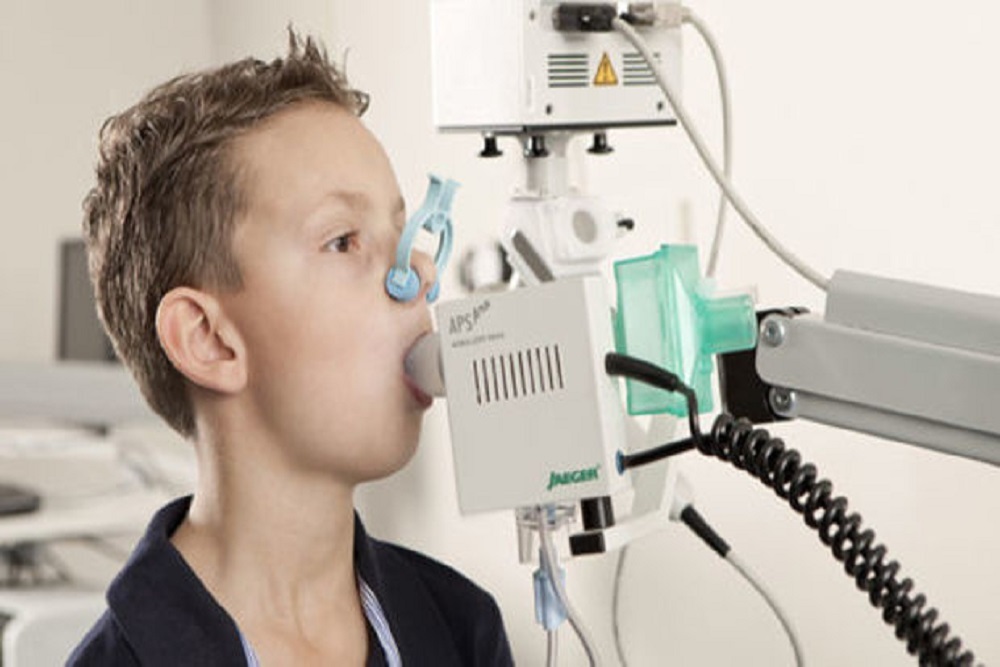
Inhaled Nitric Oxide (INO) therapy is a medical treatment used to improve oxygenation and treat certain pulmonary conditions in neonates. Borneo Hospital is at the forefront of providing this innovative therapy to newborns who require specialized care.
Inhaled Nitric Oxide therapy involves the delivery of nitric oxide gas through a respiratory support system. Nitric oxide is a potent vasodilator, which relaxes and widens the blood vessels in the lungs. This helps improve blood flow to the lungs and enhances oxygenation.
The use of inhaled nitric oxide therapy in neonates offers several benefits.

Inhaled nitric oxide (iNO) therapy is primarily used in newborns to treat a condition called persistent pulmonary hypertension of the newborn (PPHN).
PPHN is a condition where the blood vessels in the lungs do not dilate properly after birth, leading to increased resistance to blood flow and reduced oxygenation. Inhaled nitric oxide helps relax the smooth muscles in the blood vessel walls, reducing pulmonary vascular resistance and improving oxygenation in the lungs.
Aside from PPHN, inhaled nitric oxide may be considered for other conditions in newborns. However, its use may vary depending on specific circumstances and medical judgment. Some of these conditions may include:

The administration of inhaled nitric oxide requires specialized equipment and expertise. Medical professionals carefully monitor the dosage, concentration, and response to therapy. The nitric oxide levels in the blood are regularly monitored to ensure optimal treatment.
Studies have shown that inhaled nitric oxide therapy improves oxygenation and reduces the need for more invasive interventions like ECMO. The success rate of the therapy depends on various factors, including the underlying condition, gestational age, and overall health of the neonate.
Borneo Hospital's commitment to providing this innovative therapy ensures the best care for newborns in need. With its proven effectiveness, specialized administration, and careful monitoring, inhaled nitric oxide therapy continues to revolutionize neonatal care.

Speciality: Neonatology
Designation: Consultant Neonatalogist
Thane

Speciality: Neonatology
Designation: Neonatologist
Thane

Speciality: Neonatology
Designation: Neonatologist
Thane